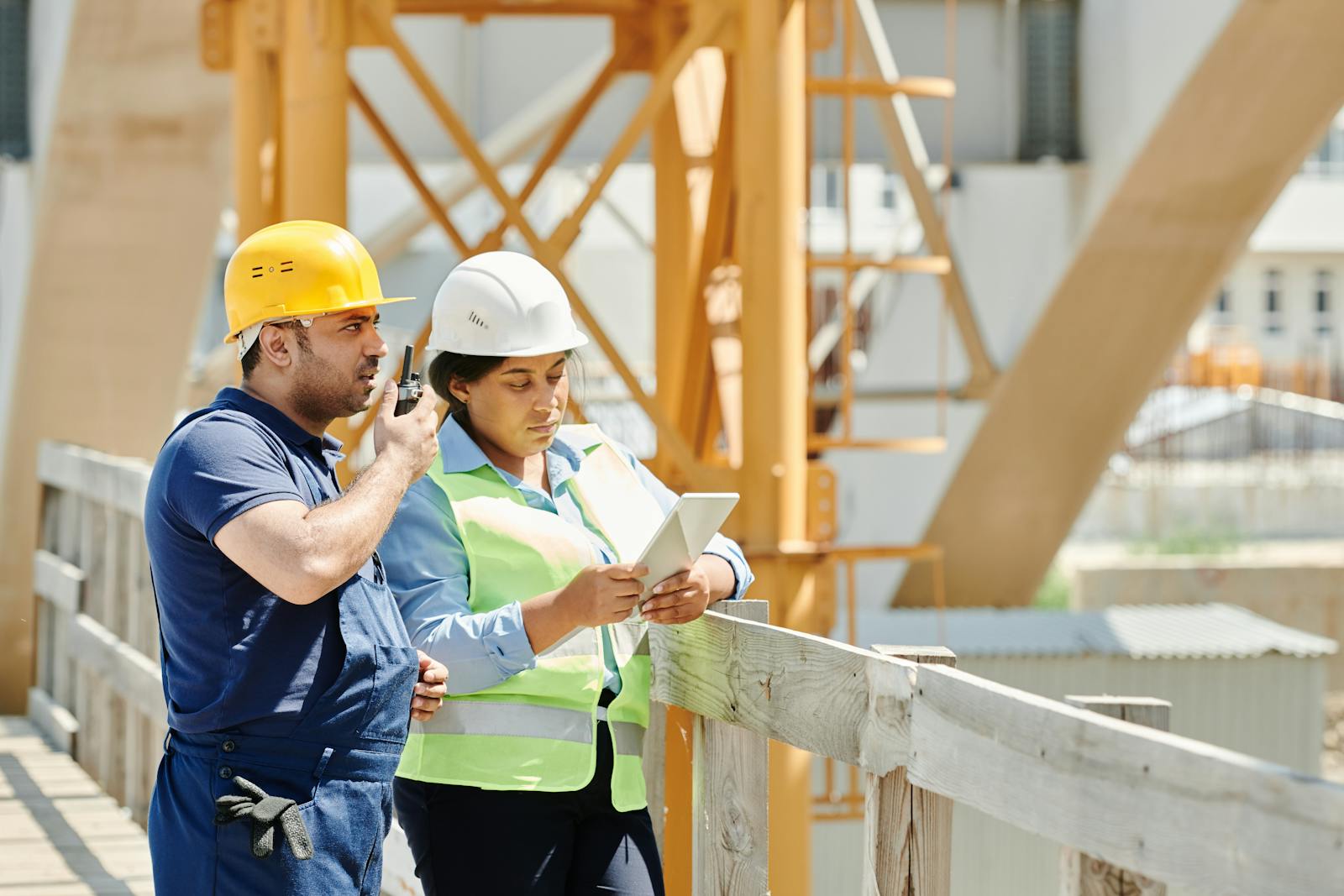Real estate development is a vibrant and complex field offering vast opportunities for both new and seasoned professionals. However, success in this sector requires a detailed understanding of processes, careful planning, strategic teamwork, and innovative project management.
This comprehensive guide will provide actionable strategies to help real estate developers thrive, whether you’re building a residential complex, leading a mixed-use project, or venturing into land subdivision.
From understanding the real estate development process to managing sustainability and overcoming challenges, here’s everything you need to know to set your projects on the path to success.
Understanding the Real Estate Development Process
Every real estate project begins with a structured development process. A solid understanding of this is vital for navigating the complexities and unlocking opportunities in the industry.
The Role of Real Estate Developers
Real estate developers act as visionaries and executors, transforming ideas into thriving buildings for residential, commercial, or mixed-use purposes.
Developers identify opportunities, conduct feasibility studies, and take calculated risks to bring projects to life. They handle financial objectives, manage budgets, and collaborate with teams of experts to ensure the successful completion of a project.
Key Elements in the Process
- Opportunity Identification: Spot areas of growth or underutilized land markets. Research is key here.
- Financial Objectives: Set clear financial goals and align the project accordingly.
- Team Management: From site engineers to contractors, a well-assembled professional team is paramount.
- Lifecycle Approach: Real estate development doesn’t end with construction. Developers must also plan for marketing, property management, and asset management.
The ability to master these components builds the foundation for success in real estate development.
Land Development and Site Evaluation
Land development and site evaluation are fundamental to real estate projects. Proper due diligence and site studies prevent unforeseen challenges and ensure aligned vision and profitability.
What is Land Development?
Land development involves preparing raw land for construction or selling subdivided plots to end-users. It’s a high-risk yet rewarding step requiring detailed research, project foresight, and expert guidance.
Site Evaluation Essentials
Before breaking ground, it’s crucial to evaluate:
- Environmental Impact: Ensure compliance with zoning laws and regulations.
- Geological Factors: Analyze the foundation for safety and construction integrity.
- Accessibility: Is the site accessible to infrastructure like roads and utilities?
A thorough site evaluation guarantees a firm foundation—both literally and metaphorically—for your development project.

Assembling a Real Estate Development Team
Behind every successful real estate project is a high-performing team. Real estate development involves input from architects, market consultants, engineers, and contractors, among others.
Key Professionals to Include:
- Architects: Design functional and visually compelling structures.
- Engineers: Ensure structural safety and compliance.
- Construction Managers: Oversee the construction process and mitigate risks.
- Market Consultants: Provide data-driven insights to align developments with market demand.
Ensure your team includes individuals experienced in the specific municipality and its ordinances. This understanding allows smoother approvals from regulatory authorities and keeps the project on track.
Financing and Budgeting
Effective budgeting and financing strategies are critical for bringing your vision to life.
Developing a Budget
A refined development budget accounts for:
- Land acquisition costs.
- Design and construction expenses.
- Marketing and pre-leasing efforts.
Financing Options
Explore these avenues for funding:
- Debt Financing: Secure loans with favorable terms to keep cash flow steady.
- Equity Financing & Joint Ventures: Partner with investors to share capital and risk.
- Development Partnerships: Collaborate with experienced firms to cover gaps in expertise or resources.
Flexibility is critical, as unforeseen costs can emerge. By planning diligently and remaining adaptable, you can create a financial roadmap that reduces risks and maximizes returns.

Effective Project Management
An essential pillar of real estate development is robust project management. From setting milestones to communicating effectively with team members, skilled project managers ensure projects stay on time and within budget.
Construction Management as the Backbone
Construction management ensures every step of the construction process aligns with the site’s details and the broader project goals.
A good project manager can foresee challenges and implement solutions before delays escalate, safeguarding your timeline and resources.
Pre-leasing and Marketing Strategies
Marketing begins well before a project is completed. Pre-leasing provides developers with the cash flow needed for speculative developments and adds credibility to your venture when engaging lenders or investors.
Marketing Keys to Success
- Identifying Target Audiences: Tailor marketing materials to speak to defined buyer or renter personas.
- Building a Strong Campaign: Use videos, social media, and traditional media to showcase key property features.
- Pre-leasing Benefits: Secure tenants or buyers before construction completion to mitigate financial risks.
The success of pre-leasing is not only in the space itself but also in how well it’s marketed.
Sustainability and Environmental Considerations
Sustainability in construction is no longer optional; it’s imperative.
The Triple Bottom Line
Sustainability encompasses environmental health, social equity, and economic viability. Incorporating energy-efficient designs, green materials, and minimizing environmental impact leads to profitable and responsible projects.
Additionally, zoning compliance and environmental permitting are essential steps to reinforce project authenticity.
Consumer Demand for Green Developments
Today’s buyers and tenants are more environmentally conscious than ever. Aligning sustainable practices with your development can improve appeal and solidify long-term financial gain.

Overcoming Challenges and Mitigating Risk
Real estate development comes with its fair share of uncertainties.
Common Challenges
- Market Downturns: Economic shifts can delay or hinder profitability. Diversifying investments can buffer against these risks.
- Regulatory Requirements: Delays in obtaining permits or approval processes can cause setbacks.
- Construction Delays: Unforeseen issues on-site can stall the timeline.
Risk Management Techniques
- Build a risk reserve for emergencies.
- Foster strong relationships with stakeholders (investors, lenders, and government agencies).
- Focus on transparent communication to reduce misunderstandings during the construction phase.
By remaining proactive and prepared, developers can face obstacles with confidence.
Building the Future of Real Estate Development
Real estate developers are foundational members of the industry and the communities they serve. They must possess a deep understanding of market trends, remain compliant with regulatory frameworks, and lead teams effectively.
Professional Growth
Stay sharp by:
- Pursuing relevant certifications or coursework.
- Attending industry events and networking with peers.
- Keeping abreast of advancements in technology, sustainability, and financing.
Every great building starts with a robust plan. With diligence, teamwork, and adaptability, success in real estate development is within reach.

Partner with South Coast Improvement Company
Collaborating with South Coast Improvement Company can elevate your real estate projects to the next level. Known for their commitment to delivering high-quality construction and renovation services, they specialize in ensuring projects are completed on time and within budget.
Their expertise spans various sectors, including commercial, senior living, healthcare, and education. By partnering with South Coast Improvement Company, developers gain access to a reliable team that prioritizes client satisfaction and sustainable building practices. Together, you can transform visions into reality with innovative solutions and impeccable execution.
Learn More About Real Estate Development
Expanding your knowledge of real estate development is key to success in the industry. Below are some valuable resources and insights to help you grow your expertise:
- The Basics of Real Estate Development – A comprehensive guide outlining the fundamental steps involved in real estate development, from land acquisition to project completion.
- Principles of Project Financing – Discover strategies for securing funding and managing financial risks throughout your development project.
- Sustainable Building Practices – Explore how adopting green building techniques can enhance both the environmental and economic outcomes of your developments.
- Networking in Real Estate – Tips and tools for building strong industry relationships that can open doors to valuable opportunities.
- Real Estate Market Trends – Stay informed about the latest trends and data in the real estate market to make informed decisions for your projects.
- Understanding Property Valuation – Learn the key methods and factors influencing property values to maximize returns on your investments.
- Legal Considerations in Real Estate – Familiarize yourself with essential legal aspects, including contracts, disclosures, and ownership regulations, to avoid pitfalls.
- Technology in Real Estate – Explore how innovations such as PropTech and AI are transforming the way real estate projects are planned and executed.
Take advantage of these resources to better understand the complexities of real estate development and position yourself for long-term success.
View Our Work
Brandywine Haverford Estates by Monarch
South Coast Improvement Company has completed interior renovations at the senior living community, Brandywine Haverford Estates by Monarch. We were entrusted with enhancing the facilities, and the results speak for themselves. The team brought diligence and...
Nouveau Marc by Barclay House
South Coast Improvement Company proudly partnering with QSL Management delivered a comprehensive renovation at Nouveau Marc by Barclay House, a premier senior living community. This project focused on revitalizing key resident areas with an emphasis on safety,...






